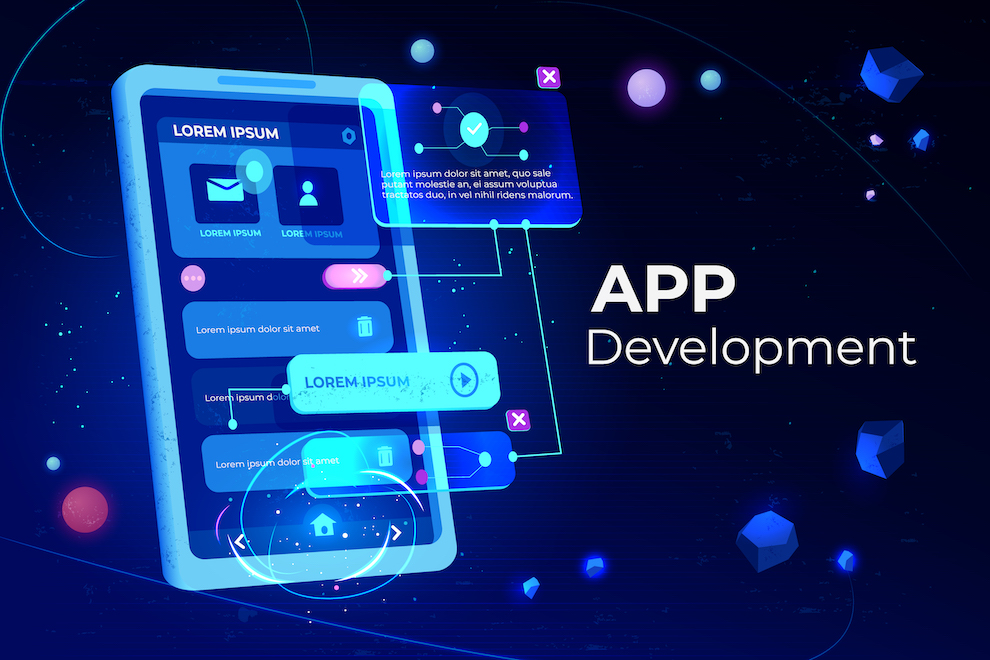At present, mobile development is now more significant than desktop. A new generation of developers strives to create the next viral app. But often, the desire to develop something new is limited to available time or budget. For that reason, many good ideas never become realized. What can be done to improve this? So many young, ambitious developers seek to improve their part of the world with technology. With the right tools, they could have a better chance to go live with these ideas. So then I ask, are hybrid apps the future for mobile development?
A growing trend that can make mobile app development easier is to build a single app that functions on multiple devices and operating systems. You can do this by using a hybrid mobile app framework. There are potential advantages to this development process, such as cost-efficient development.
By now, many have already been exposed to the hybrid idea. If not, I’ll introduce some of the frameworks that are currently the most popular. Among the cross-platform frameworks, I name a few:
- React Native
- Ionic
- Native Script
- Flutter
Several options exist within easy reach to cover all our development needs. The most important thing is the need for high quality. This requirement means picking a mobile app framework wisely. As such, we can look at some of the pros and cons of hybrid development.
The pros of the cross-platform approach are many.
- Single code build for multiple devices
- Less code can mean shorter development cycles
- Reduced programming costs
- Easier deployments & fewer compliance issues to deal with
Maybe you are wondering if hybrid applications are so great, why aren’t all companies adopting this alternative? Currently, very large companies such as Alibaba are using these types of frameworks. Facebook upped the ante by creating its own framework (React Native). Thus, there are options for providing very robust support.

However, not all companies are the same. They often have distinctive requirements. Additionally, organizations compete better with different infrastructure or objectives. An example could be the use of specific devices or very precise functions. As such, the collection of external libraries available when developing hybrid applications is not always sufficient. Hybrid developers will sooner or later, face the fact that there are problems that can not be overcome.
Presently, there are known disadvantages that come with the hybrid approach.
- Limited support for all features and functions
- Sluggish app performance because of bloated code
- The framework does not translate unique native UI elements properly
- Additional effort to cover missing interoperability
These items highlight the risks of using a hybrid framework and seeing development take more time than planned.
Conclusion
There are more and more companies that seek to adopt this type of development. Although the optimal process would be first to evaluate the project. Only by knowing all of the critical requirements and scope can developers prevent the problems mentioned previously.
While some challenges certainly exist, every day, new libraries, UI elements, and frameworks emerge. These updates further facilitate the development of hybrid applications. Additionally, compatibility with functions and devices progresses. In the not too distant future, it will make business sense to have mobile development center on hybrid solutions. Therefore I recommend that you start learning these technologies, so you do not get left behind.

